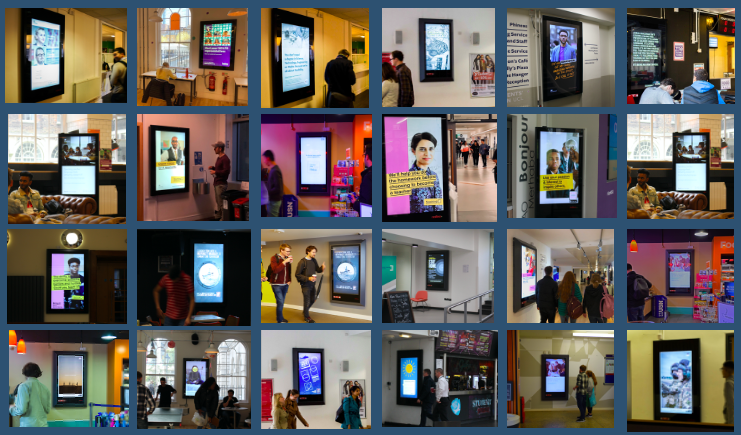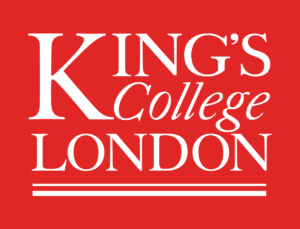The commencement of a new term brings a blend of exams, the buzz of refreshers, and an opportunity for students to realign their academic and social objectives for 2024. As a result, students may naturally redirect their attention to contemplate their career paths after graduation.
Fortunately, amid the persisting economic uncertainty, marked by a cost-of-living crisis and a cooling jobs market, the landscape for graduate employment remains reliably steady. This brings optimism as graduate job opportunities increased by 6% in 2022/23 and are projected to further grow by 5% in 2023/24.
Although career fairs and events mark students’ calendars consistently, the start of the new year and term triggers a mindset shift, prompting students to contemplate their post-graduation life. Significantly, an astonishing 45% of students are uncertain about their post-graduation career paths. For recruiters, leaving a lasting impression on this crucial audience during a period of indecision is essential.

Why are employers making a beeline for students and graduates?
- Development of Future Talent Pipeline
Recruiting students allows employers to establish a pipeline of future talent. By identifying and nurturing promising individuals early in their careers, companies can build a pool of skilled professionals who align with their values and goals.
“The UK needs more skilled workers, and employers from all sectors need a strong pipeline of trainee talent to meet their future business needs” – Stephen Isherwood, ISE Insights
2. Long-Term Investment:
Investing in graduate recruitment is a long-term strategy. While there may be an initial learning curve, graduates who receive proper training and mentorship can become loyal, committed employees who contribute significantly to the company’s success.
3. Mouldable and Trainable:
Individuals who have recently graduated are in a phase where they are highly adaptable and open to training. Employers have the opportunity to shape their skills, work habits, and professional values based on the specific requirements of the organisation. Moreover, they demonstrate a strong eagerness to learn and possess ambitious aspirations.

4. Building an Employer Brand:
Actively interacting with students and taking part in graduate recruitment programmes contributes to fostering a favourable employer brand. Cultivating a positive reputation among students not only attracts top-tier talent but also elevates the overall image of your organisation.
Targeting Gen Z students for graduate recruitment is a strategic investment for employers looking to build a talented, adaptable, and diverse workforce. It not only addresses current talent needs but also sets the foundation for sustained success and growth in the future.
Gen Z students are a captivated audience, particularly when it comes to recruitment advertising; they are highly likely to pay attention. Having a degree already provides a significant advantage, with 89.9% of graduates proceeding to employment or further study.
A staggering 45% of students don’t know what they want to do career-wise, after graduation.

What draws students and graduates toward pursuing their career paths?
Numerous valuable opportunities exist to enhance the crucial CV, including vacation schemes, internships, placement schemes, sandwich years, volunteering experiences, graduate schemes, and employment opportunities for graduates.

Students value honesty and opportunities that echo their personal values: almost 40% of Gen Z and Millennial respondents said they have rejected career ads due to ethical concern.
Moreover, students seek opportunities that are tailored to their needs. Eighteen-24 (formerly Redbus Media) can facilitate this by providing advertisers with the flexibility to run targeted campaigns, either by region, university, or course. For instance, Royal Navy or Royal Marines recruitment campaigns can be strategically run across universities in Southern England and nearby military bases, or targeting universities with the best teaching courses for Department for Education.

Nevertheless, the competition to secure graduate jobs is on the rise. In 2023, the average organisation received 86 applications per vacancy, marking a 23% increase from 2022, which should encourage students to be more proactive.
Recruiters should strategically target the prime pool of talent at UK universities. Not only are these students and graduates highly educated but also possesses a fresh perspective and eagerness to learn.
Reaching out to students at this level enables recruiters to build relationships early on, creating a pipeline of potential candidates and ensuring strong and diverse talent for the future.
For more information, visit eighteen24.com
ISE Insights ,The Guardian, Concrete Trends Online, theguardian.com
For more information, visit eighteen24.com



